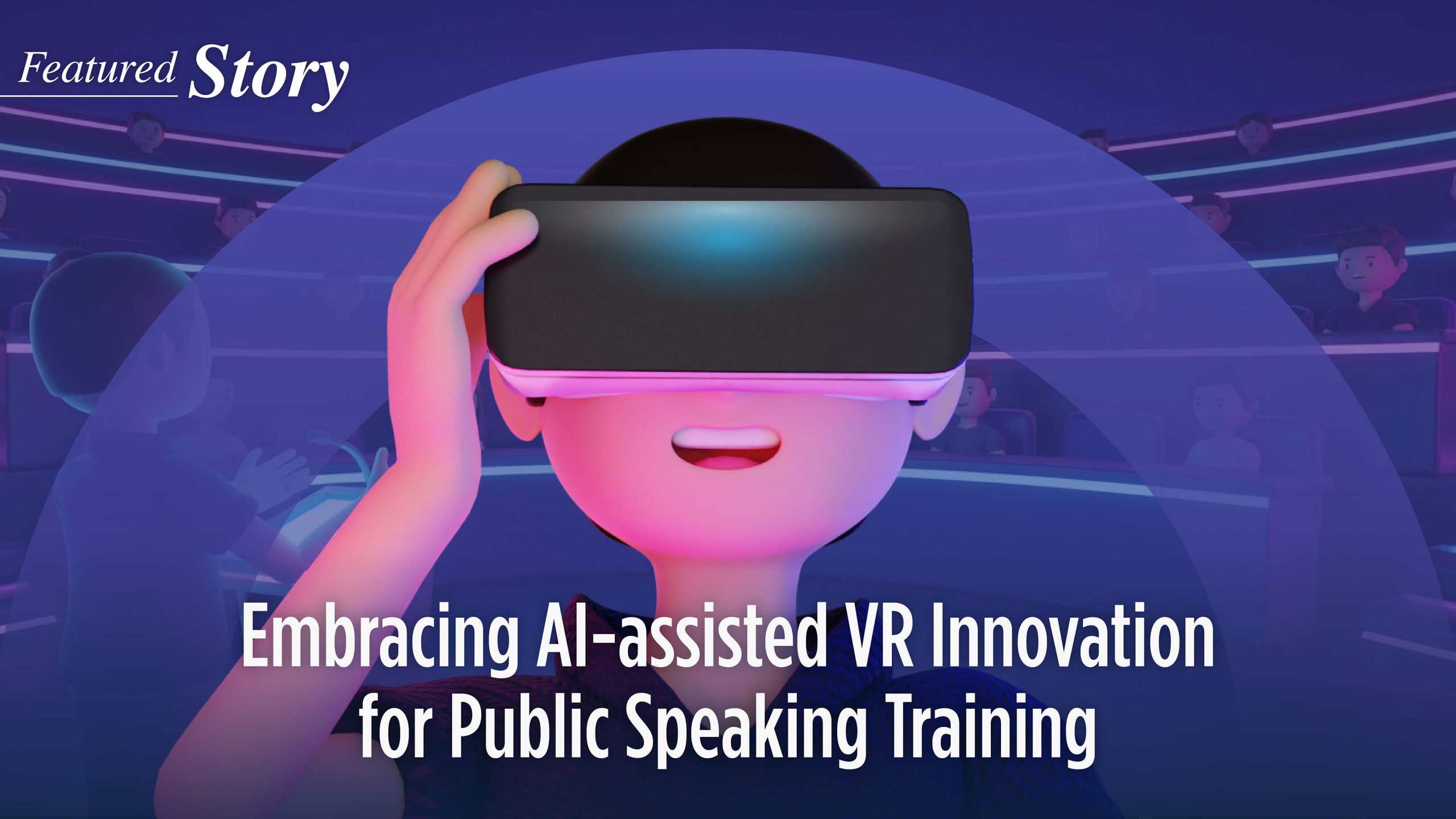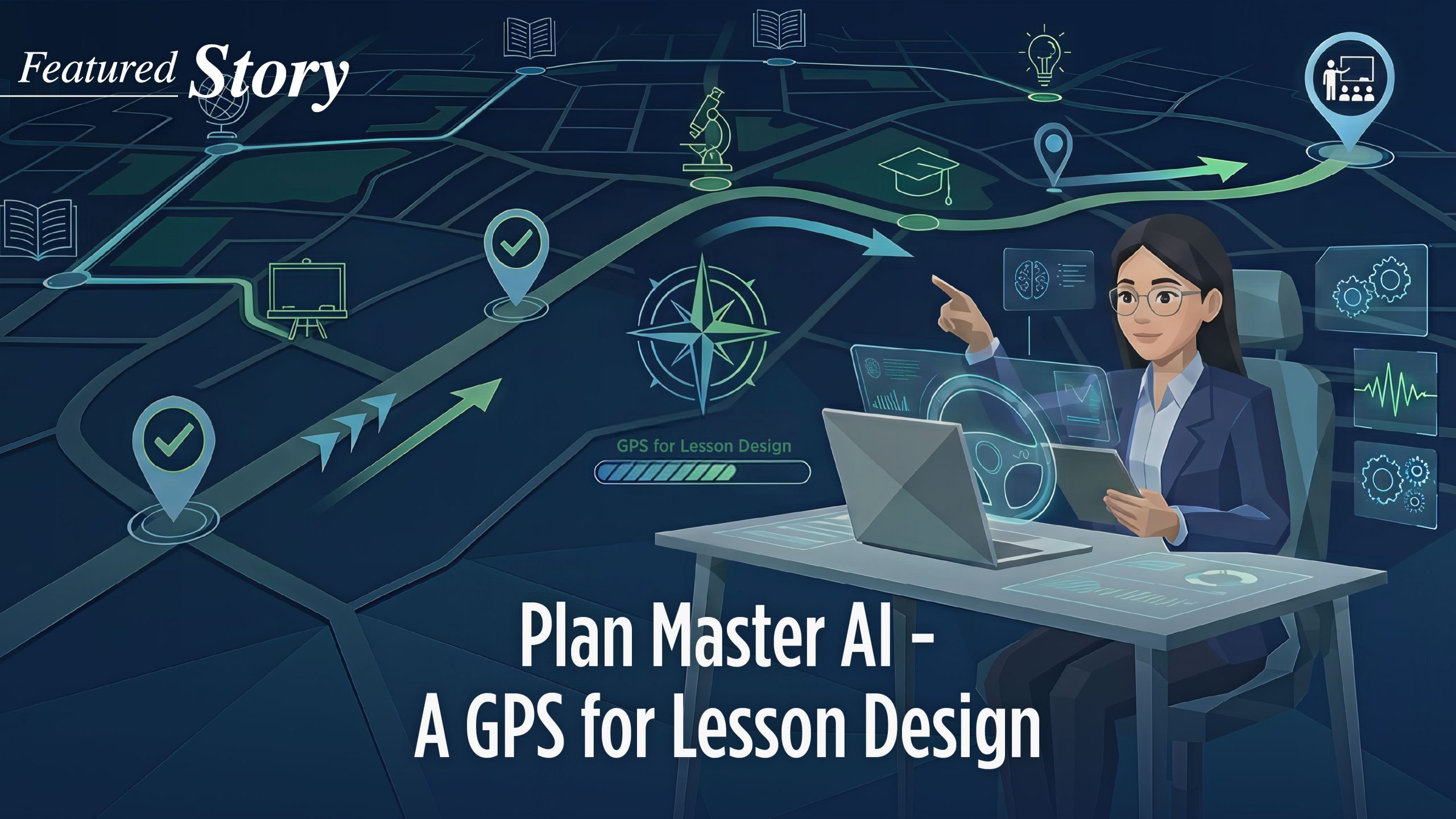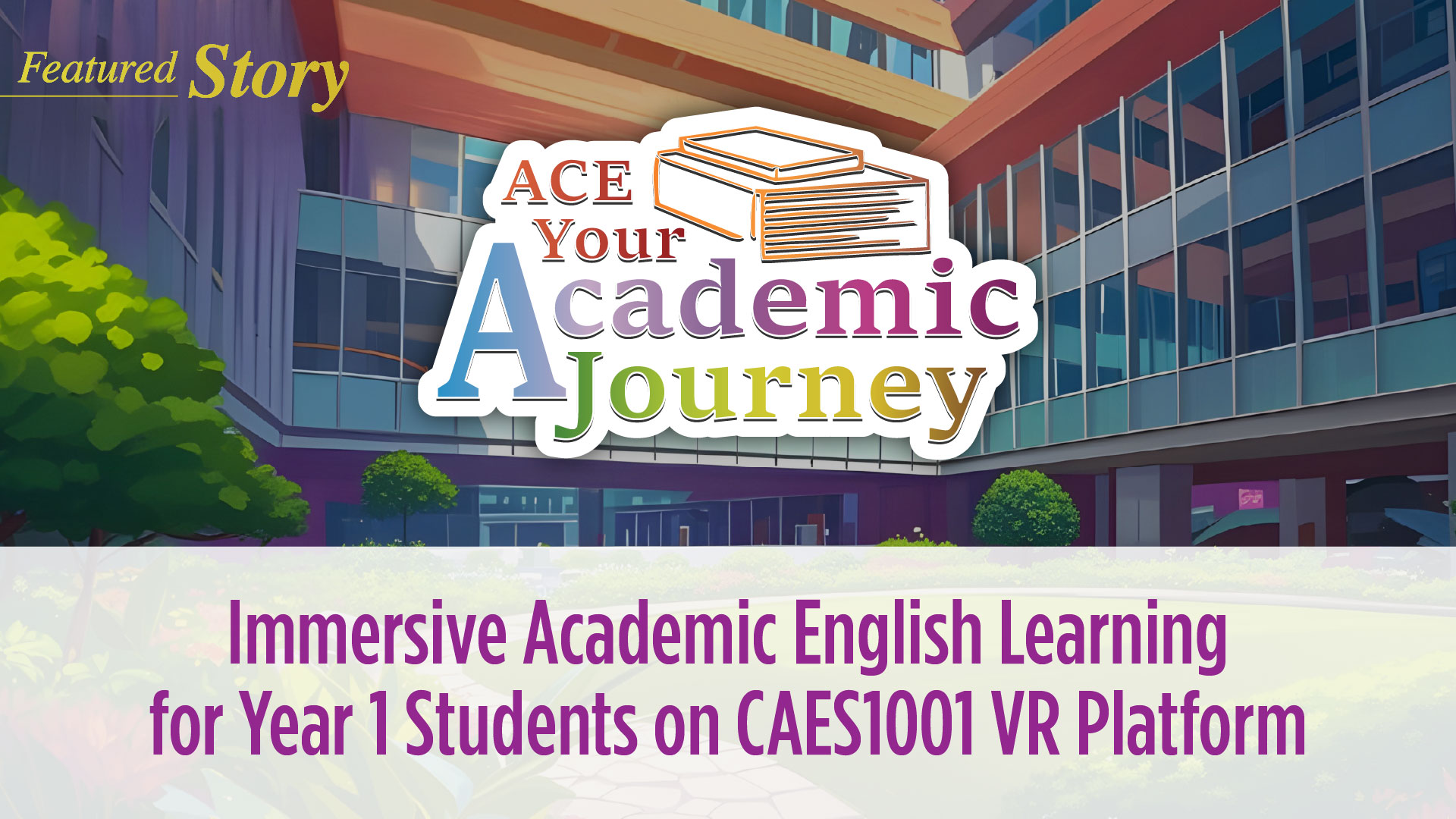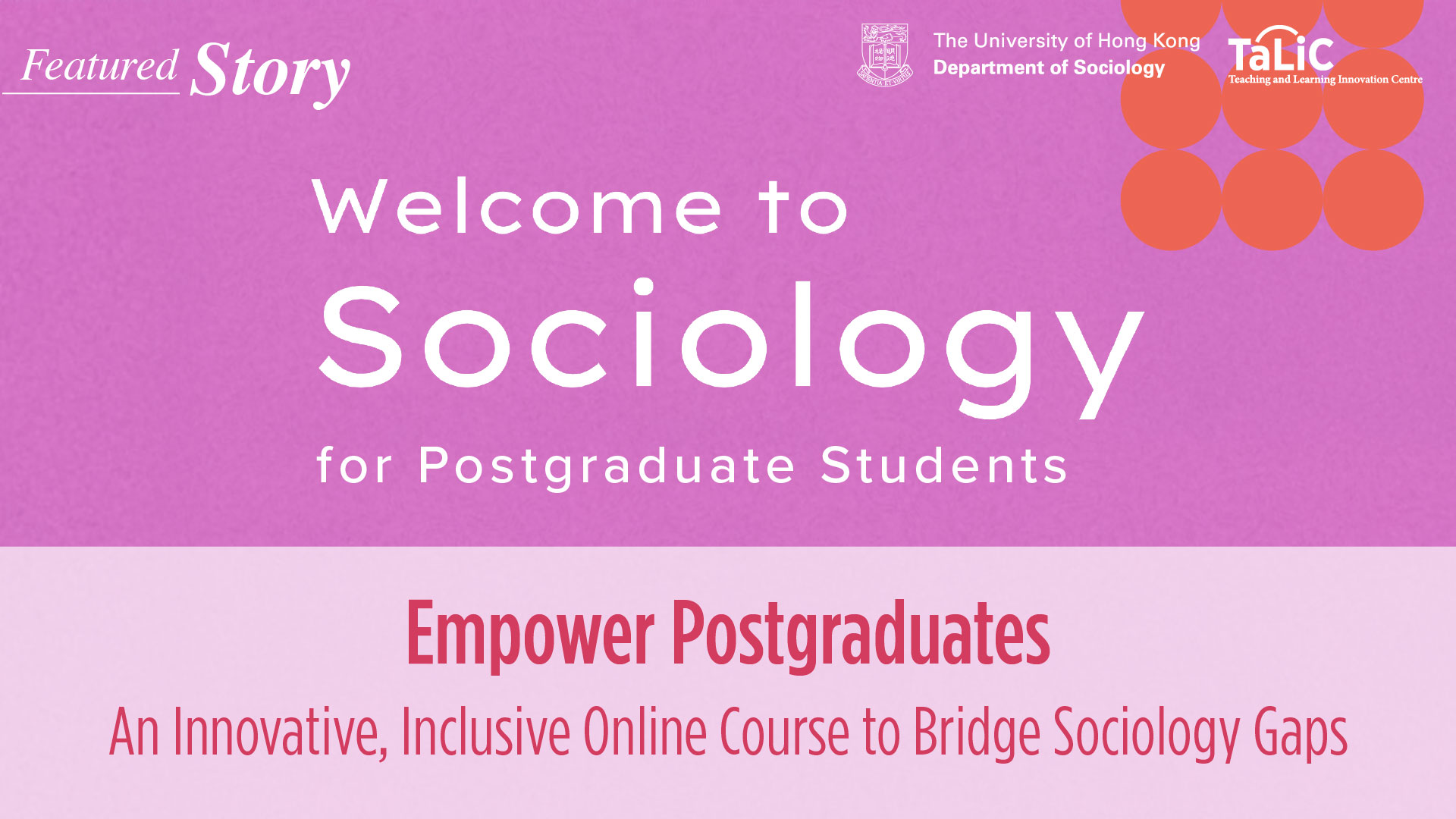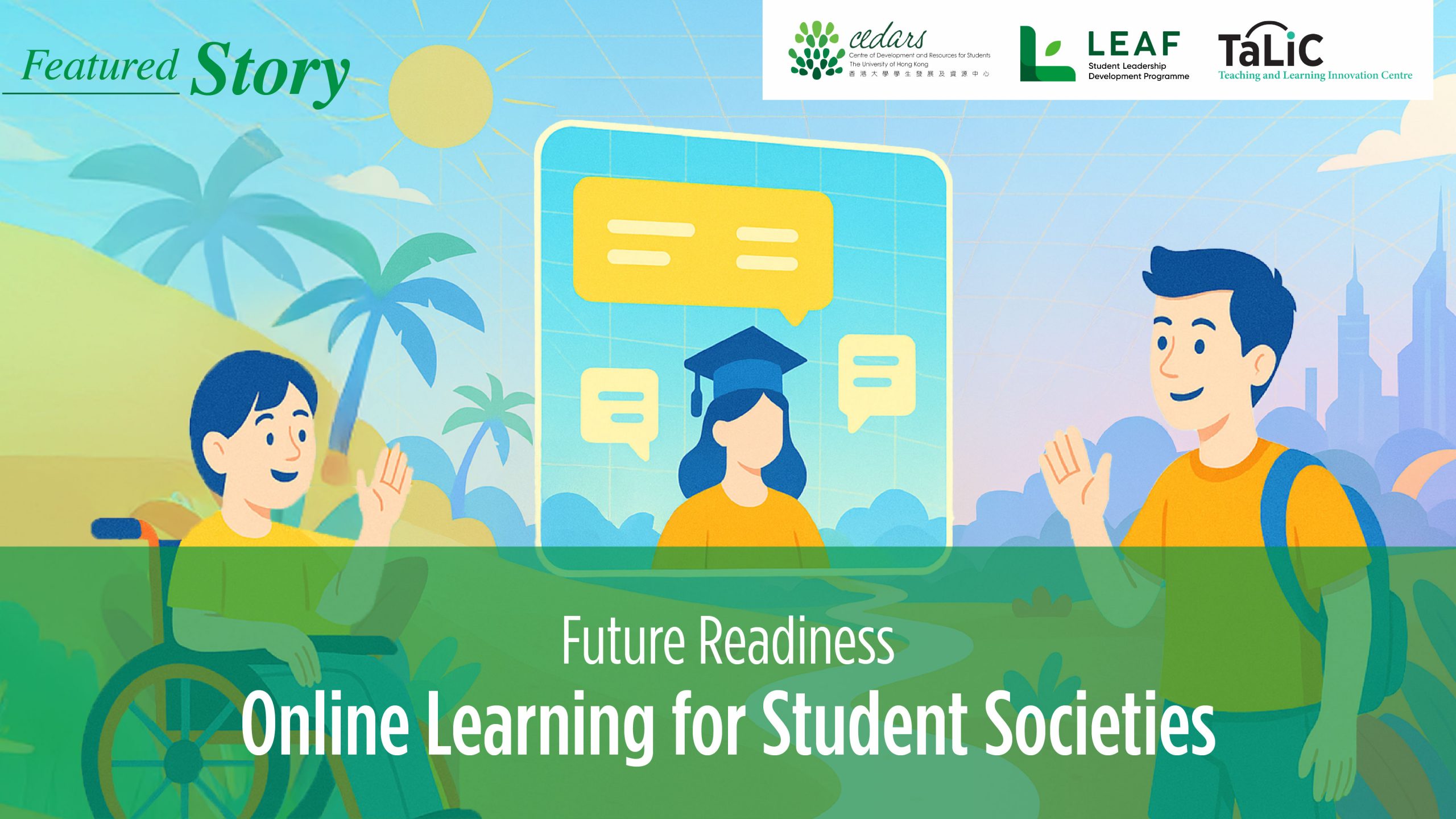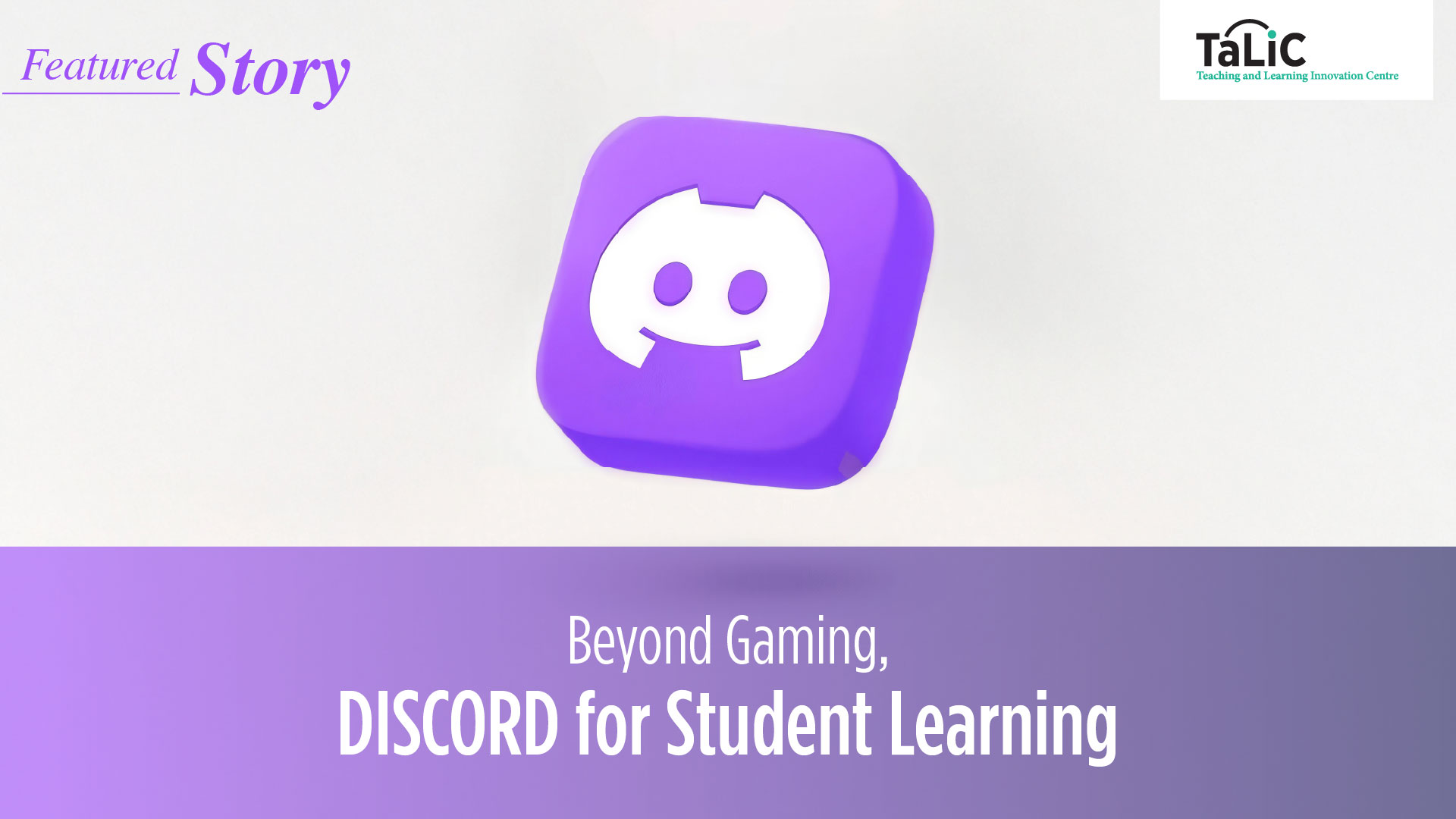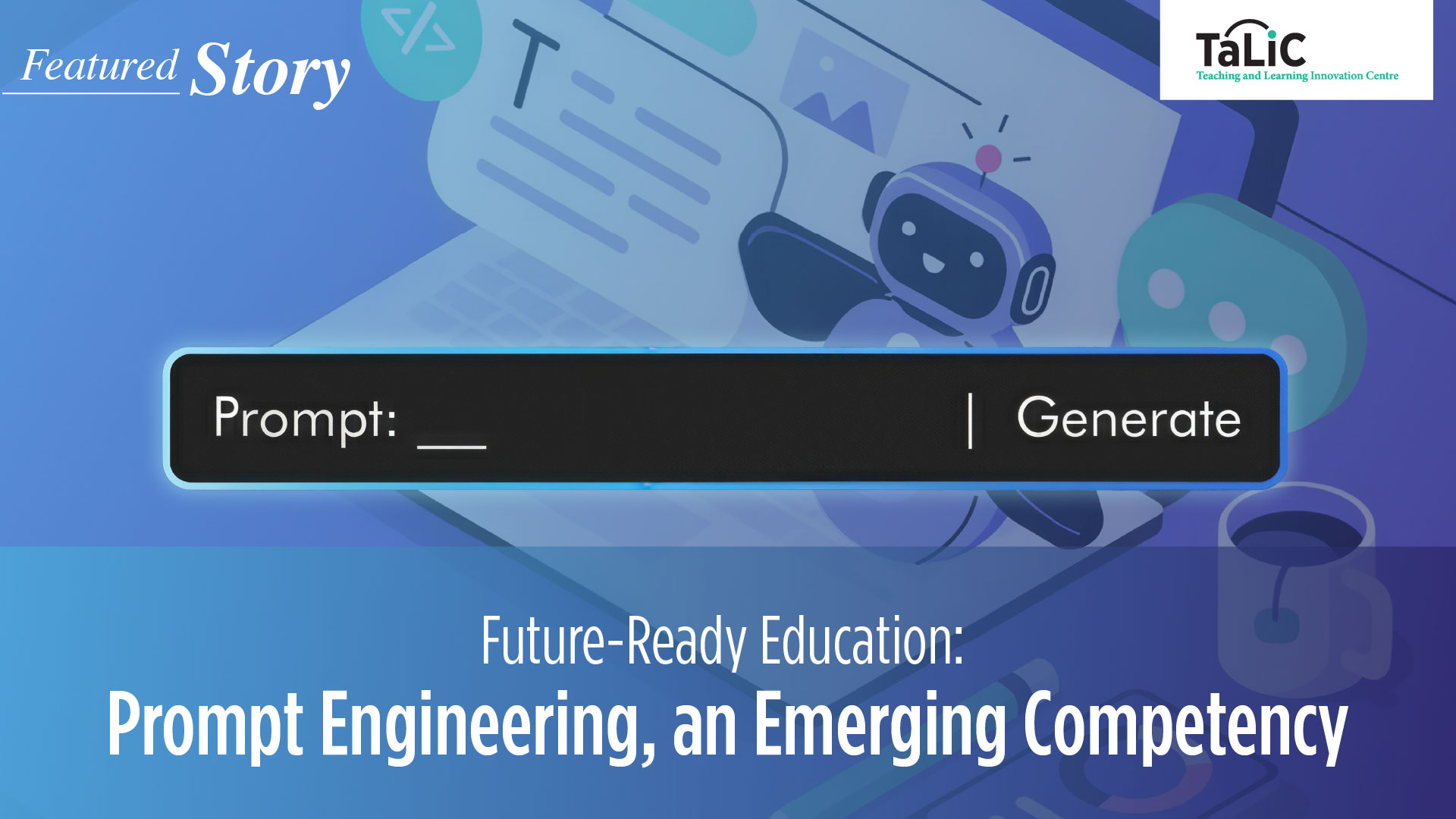
In large university classes, it is quite common for students, particularly those who are naturally shy, to remain quiet and refrain from active participation. Many of these students experience anxiety when it comes to delivering speeches or presentations to a large audience, often feeling overwhelmed by the dynamic and intimidating atmosphere of the lecture hall. Despite these challenges, mastering oral communication and presentation skills is a key competency for university students today. These abilities are not only essential soft skills but are also highly sought after in the professional world, particularly for new graduates stepping into the workforce.

